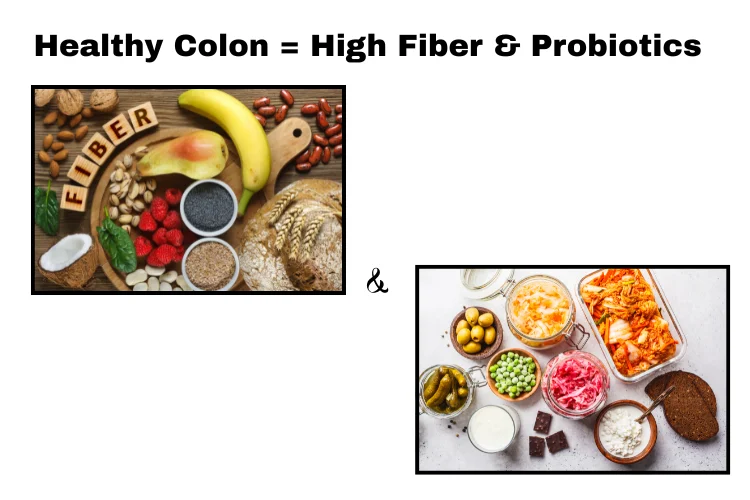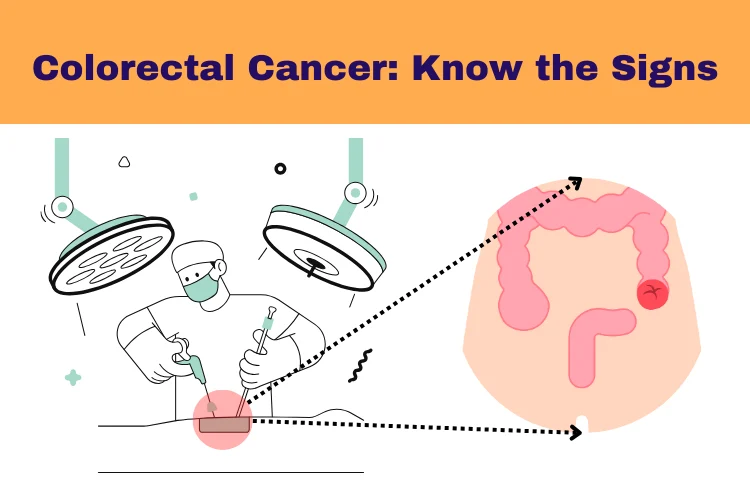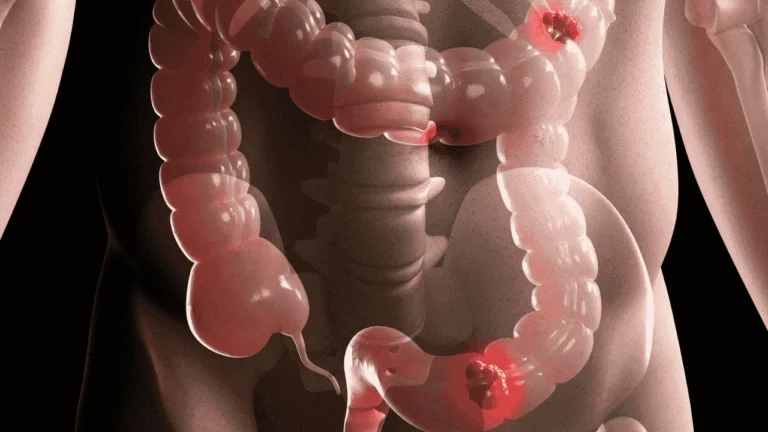Introduction
The basic function of a healthy colon is normal digestion, good immune function, and general well-being. The colon, or large intestine, is mainly responsible for the absorption of nutrients and waste elimination from the body. Did you know that the foods you eat will affect the health of your colon? A balanced, fiber-filled, nutrition-rich diet can go a long way in preventing the most common colon problems, including constipation, irritable bowel syndrome (IBS), and even colon cancer above all.
Learn more about colonoscopy.
The Importance of Diet for Colon Health
Your colon is responsible for absorbing water and salts from the food you eat, as well as breaking down fiber. What you eat can either support or disrupt its ability to function properly. A diet high in fiber, vitamins, and minerals can promote colon health by improving digestion and helping prevent diseases like colorectal cancer.
Foods to Eat for Colon Health
1. High-Fiber Foods
Fiber is a cornerstone of a healthy colon. It helps regulate bowel movements, prevent constipation, and reduce the risk of developing colorectal cancer.
Foods to Include:
- Whole Grains: Brown rice, oatmeal, quinoa, and wheat bread.
- Fruits: Apples, pears, berries, oranges, and bananas.
- Vegetables: broccoli, spinach, carrots, kale, and sweet potatoes.
- Legumes: Beans, lentils, and chickpeas.
2. Foods High in Probiotics
Colon health depends on a healthy gut microbiome, which is maintained by probiotics, which are good bacteria. By including these foods in your diet, you can prevent problems like IBS and improve digestion.
Foods to Incorporate:
- Probiotics found in yogurt (with live cultures) help maintain gut health.
- Kefir: A probiotic-rich fermented beverage that resembles yogurt.
- Kimchi and sauerkraut are made from fermented cabbage that is high in beneficial bacteria.
3. Nutritious Fats
Omega-3 fatty acids support colon health and lessen intestinal inflammation. You can reduce your risk of colon diseases by including healthy fats in your diet.
Foods to Incorporate:
- Sardines, mackerel, and salmon are examples of fatty fish.
- Nuts and seeds like flax seeds, chia seeds, and walnuts.
- One excellent source of monounsaturated fats that are good for you is olive oil.
4. Water :
Hydration is essential for preserving a healthy digestive system and avoiding constipation. Maintaining a healthy colon requires drinking lots of water.
To maintain adequate hydration and promote colon function, try to consume at least 8 cups of water daily.
Foods to Avoid for Colon Health
Some foods can cause inflammation, interfere with digestion, and raise your risk of colon-related problems, but other foods can support colon health. For the best colon health, limit or stay away from the following foods:
1. Foods that are processed
Unhealthy fats, sugars, and additives that can damage the gut microbiota and increase inflammation are frequently found in processed foods.
Items to Steer Clear of:
- Fast food
- Sugary desserts and snacks
- Baked goods in packaging
- Snacks in packages and chips
2. Red and Processed Meats
Eating large amounts of red meat and processed meats like bacon, sausage, and hot dogs has been linked to an increased risk of colorectal cancer.
Foods to Limit:
- Beef, pork, and lamb
- Processed meats such as salami and deli meats
3. Refined Carbs and Sugar
Refined carbs and sugars can disrupt gut health, cause blood sugar spikes, and lead to chronic conditions like obesity and diabetes, which are linked to colon health problems.
Foods to Avoid:
- White bread and pasta
- Sugary drinks
- Sweets and candies
4. Alcohol
Excessive alcohol consumption can irritate the colon and increase the risk of colon cancer.
Tip: Limit alcohol to one drink per day for women and two drinks per day for men.
5. Dairy Products (for Some People)
Some individuals have difficulty digesting lactose, the sugar in milk, which can cause bloating, gas, and diarrhea. If you’re lactose intolerant, it’s best to limit dairy or choose lactose-free options.
Tips for Improving Colon Health
- Eat a series of fruits and vegetables: Your diet guarantees different types of fruits and vegetables so that you will receive a wide range of nutrients that promote colon health.
- Fix regular exercise : To increase digestion and control the bowel movements.
- Reduce stress: Use relaxation methods such as yoga or meditation,which can help reduce chronic stress, which can have harmful effects on intestinal health.
- Get regular screening: If you have a family history of colon cancer, it is necessary that you start screening for the disease at 45 or earlier.
FAQs
- How can I effectively improve my colon fitness?
Eating a food plan rich in fiber, consuming plenty of water, and exercising frequently can improve colon health.
- Can an excessive-fiber weight loss plan assist in preventing colon cancer?
Yes, studies advocate that an excessive-fiber food plan may additionally help lessen the hazard of colon cancer by means of promoting healthy digestion and gut function.
- What are the fine probiotic meals for colon fitness?
Yogurt, kefir, and fermented meals like sauerkraut and kimchi are extremely good resources of probiotics that aid colon health.
- Are there any specific meals that should be avoided for colon health?
Yes, processed ingredients, crimson meats, refined carbs, and excessive alcohol can negatively affect colon fitness and have to be restrained.
- How much water should I drink for the most reliable colon fitness?
Aim for at least 8 cups of water a day to preserve hydration and promote wholesome digestion.
- Is a workout critical for colon fitness?
Yes, normal physical activity facilitates improved bowel movements and helps normal digestive fitness.
Conclusion
Colonic health maintenance corresponds with overall health maintenance. It means eating fiber-rich foods coupled with probiotics and healthy fats in the digestive system, making it function well and preventing constipation. These practices also reduce the risk of developing severe conditions such as colorectal cancer. The avoidance of processed foods, red meats, and excessive alcohol is also beneficial to the colon’s overall health and that of the digestive system.
In case you are worried about colon health, consult a health provider for an appropriate diet plan.
Schedule a consultation with our specialists at Gut care Hospitals in Bangalore today.



